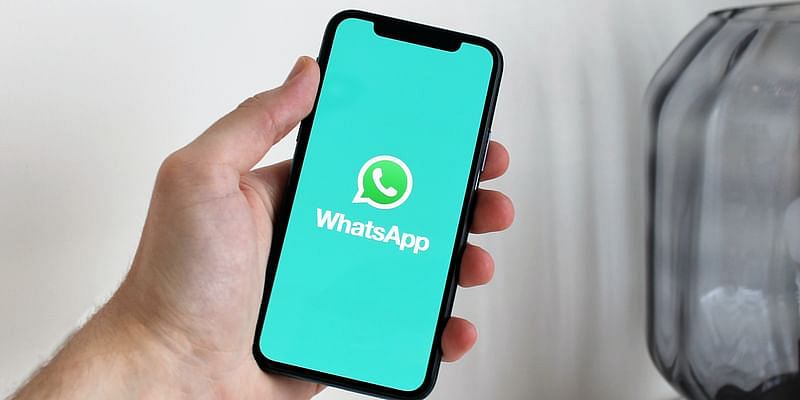Instant messaging platform WhatsApp has launched limited public beta test for its multi-device capability. According to an official statement, this feature will allow people to use WhatsApp on phone and up to four other devices simultaneously.
Image Credit: WhatsApp
According to the Facebook-owned messaging platform, users will be able to connect each companion device independently while maintaining the end-to-end encryption and security.
Taking to Twitter, Will Cathcart, Head of WhatsApp at Facebook said, “We developed new technologies that maintain end-to-end encryption while keeping your data in sync — message history, contact names, starred messages, and more — seamlessly across devices.”
Currently, WhatsApp can be accessed on one device at a time on web by using the smartphone as the primary device. It can only mirror the service of the phone thereby requiring users to keep their mobiles switched on with an active internet connection.
“The new WhatsApp multi-device architecture removes these hurdles, no longer requiring a smartphone to be the source of truth while still keeping user data seamlessly and securely synchronised and private,” the company said in a statement.
Will revealed that the option to join the beta test will be available on the ‘Linked devices’ screen in the near future.
According to WhatsApp, users will need to link the new companion devices by scanning a QR code from their phone. However, this process now requires “biometric authentication before linking”, where people have enabled this feature on compatible devices.
Users will also be able to see all the companion devices linked to their account and an update on when they were last used. They will also be able to log out of them remotely if they want.
“WhatsApp multi-device uses a client-fanout approach, where the WhatsApp client sending the message encrypts and transmits it N number of times to N number of different devices — those in the sender and receiver’s device lists. Each message is individually encrypted using the established pairwise encryption session with each device. Messages are not stored on the server after they are delivered. For groups, we still use the same scalable Sender Key encryption scheme from the Signal Protocol,” the official statement noted.
In India, Delhi High Court is hearing appeals of Facebook and its firm WhatsApp against the single-judge order refusing to stop the competition regulator CCI’s order directing a probe into WhatsApp’s new privacy policy.
Recently, the company informed the court that, till the Data Protection Bill comes into force, it will not compel users to opt for its new privacy policy as it has been put on hold. It also clarified that it would not limit the functionality for users who are not opting for the new privacy policy.










